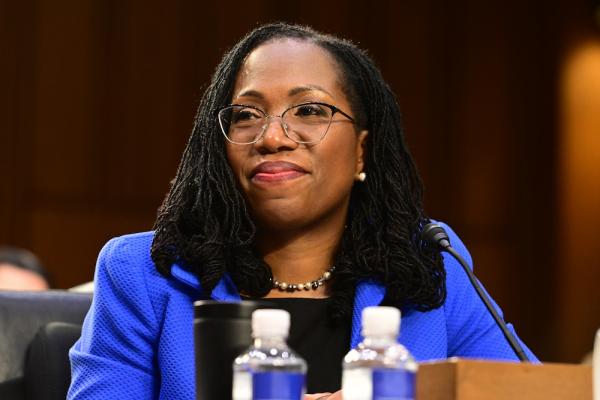Mar 24, 2022
Earlier this week, I attended the confirmation hearing of U.S. Supreme Court nominee Judge Ketanji Brown Jackson. Outside, spring in the nation’s capital was in full bloom, with cherry blossoms beginning to dot the landscape — signs of hope, growth, and new beginnings echoed in the liberative invitation of many faith traditions’ spring holidays, including Passover, Easter, and Holi. Inside at the hearing, the mood was equally hopeful: Jackson's nomination offers a new beginning — a new direction for the court and our country, and a hope for the future.
Read the Full Article

Already a subscriber? Login
